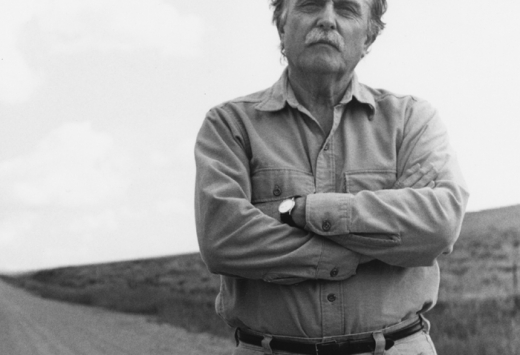NEWS

Focus on Alvin Lucier
The first Tectonics Glasgow festival includes a focus on American composer Alvin Lucier, featuring a performance by the composer himself and a World Premiere
Alvin Lucier was born in 1931 in Nashua, New Hampshire. He was educated at Yale and Brandeis and spent two years in Rome on a Fulbright Scholarship. From 1962 to 1970 he taught at Brandeis, where he conducted the Brandeis University Chamber Chorus which devoted much of its time to the performance of new music. Since 1970 he has taught at Wesleyan University Connecticut, where he was John Spencer Camp Professor of Music.
Lucier has been a pioneer in several areas of music composition and performance, including the notation of performers’ physical gestures, the use of brain waves in live performance, the generation of visual imagery by sound in vibrating media, and the use of room acoustics for musical purposes. His works also include a series of sound installations and for Tectonics Glasgow the Recital Room at City Halls will play host to the installation version of Music for Pure Waves, Bass Drums and Acoustic Pendulums.
His most iconic works include Music for Solo Performer from 1965 where the alpha waves of Lucier’s brain are detected by electrodes and are amplified to vibrate percussion instruments; and I Am Sitting In a Room where spoken words are recorded and then re-recorded from playback until the speech dissolves into rhythms and resonances influenced by the room in which the work is performed.
We are delighted to present a number of Alvin Lucier’s works as part of Tectonics Glasgow and we are thrilled that he has agreed to take part. He will give a performance of his work from 1975, Bird and Person Dyning, which uses amplified feedback to echo and chime with a recording of birdsong and there’s the World Premiere of a new work for guitars, Criss-Cross. Other works being performed include: the charming Beatles-inspired Nothing is Real; The Exploration of the House, a work similar to I Am Sitting In a Room, but conceived for orchestra; and one of his famous works which explore the internal vibrations and resonances of vases.


